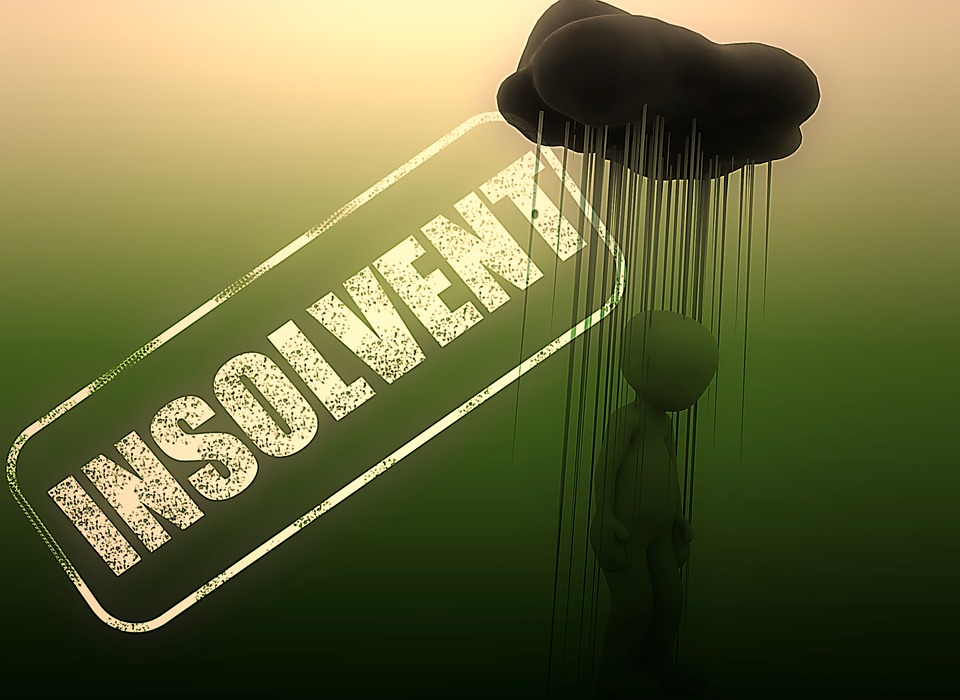In 2019, an average of 18,700 companies registered in Australia each month. ASIC reports that we ended the year with 2,739,713 registered Australian businesses. All of which are in different stages of dealings. Some, for instance, are handling a form or external administration or are dealing with an insolvency appointment.
Company directors need to have an understanding of the different stages and dealings businesses can face. In the case of insolvency, it is important to be educated on receivership, liquidation and external administration.
Receivership
Receivership describes the administrative process that occurs when a creditor seeks a third party (or a receiver) to collect and sell the assets of a company to repay a debt to the aforementioned creditor.
Receivers can be appointed by a creditor (when contractually able) or by a court. Once a receiver is appointed, they begin taking steps to release the assets. In some cases, this includes an investigation into the company’s books and records.
Unlike when a company is in liquidation or voluntary administration, during this process the company may retain ownership over all its secured property (under the condition that the receiver has control over it).
Furthermore, in some cases, directors may retain their positions in the company, albeit with limited managerial powers.
It is important to consider that any existing contracts containing provisions for termination upon the appointment of a receiver will also terminate, which could lead to further financial difficulty for the company.
Receivership concludes when the objective of the appointment has been fulfilled or the company has reached a satisfactory agreement with the creditor.
In the case that the company owns no assets, the receiver may notify ASIC to have the company de-registered.
Voluntary Administration
Voluntary Administration or VA occurs when a third party administrator is given control over a company and investigates the affairs of said company. This process intends to move the company out of a period of financial distress. A VA is recommended when a part of the company’s business is still viable even during financial distress.
An administrator can be appointed in three different conditions:
- When the company of directors decides it’s necessary
- Via a liquidator, if they believe the company is or will become insolvent
- Through a secured creditor who has a security interest over nearly all or all of the company’s property
Within the first eight days of the VA process, the administrator must organize a meeting of creditors where the creditors decide whether or not to appoint a committee of creditors.
During this process, the company’s directors and officer’s powers are suspended, whilst the administrator investigates the company’s business, property, financial circumstances, and affairs.
Within 25 days of a VA, there is to be a second meeting with creditors, wherein one of the following is decided:
- The company should come to an administrative end.
- The company should be wound up.
- The company should execute a deed of company arrangement (in this case, the business commits to paying off part or all of their debt).
After this, it is up to the creditors to decide how to move forward.
Liquidation
Liquidation is the most common response Australian businesses have in the face of insolvency. There are two types of liquidation:
- Court Liquidation
- Voluntary Winding Up
A court liquidation can be commenced by a member, creditor or when ASIC files an application with the courts.
Meanwhile, voluntary liquidation is commenced under Part 5.3A of the Corporations Act 2001.
In some cases, as a result of a Voluntary Administration, the court may appoint an additional liquidator known as a special purpose liquidator (or SPL).
The SPL’s job is to preserve and categorically sell the assets of the company to repay the company’s debt.
Experiencing Financial Distress in your company?
If you are a director of a company that is experiencing financial distress, you must seek legal advice as soon as possible regarding the above options. If this is you, please contact Calvados + Woolf Lawyers at +07 3252 9933 or reception@calvadoswoolf.com.au




Comments are closed